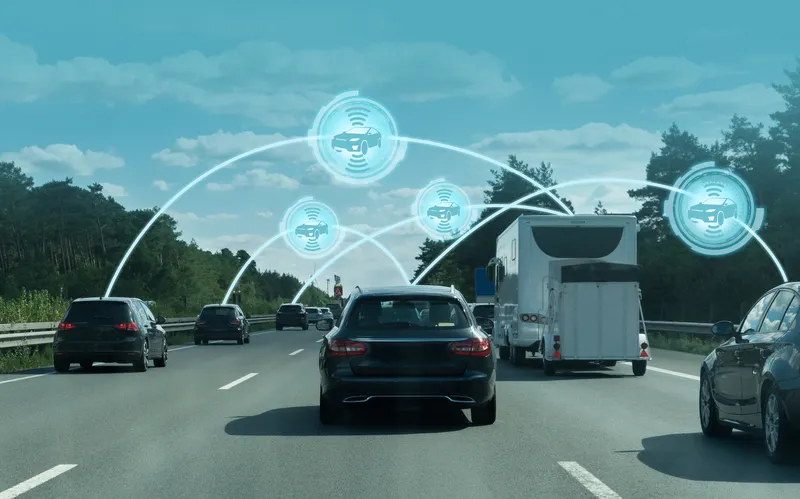German car manufacturer
The companies partnered in 2017 to develop the Baidu Apollo, an open platform intended to support the major features and functions of automated vehicles. Daimler also joined the Apollo Committee, a group whose stated aim is to accelerate research on safer solutions in automated driving and promote the drafting of related regulations.
In July, Daimler received a road test licence to test highly automated driving research vehicles in Beijing. The company used Mercedes-Benz V-Class cars equipped with technical applications from Baidu Apollo. The partnership will now extend use cases on approved roads and dedicated proving grounds.
The partnership will now integrate Baidu connectivity services into the Mercedes-Benz User Experience infotainment system.
Hubertus Troska, Daimler board member responsible for Greater China, says: “With the Apollo platform supporting our road tests in Beijing, our co-operation on automated driving allows us to create solutions that address China’s specific conditions.”
Daimler and Baidu to develop automated driving and connectivity in China
German car manufacturer Daimler has extended its partnership with technology company Baidu in China to develop automated driving and connectivity projects.
The companies partnered in 2017 to develop the Baidu Apollo, an open platform intended to support the major features and functions of automated vehicles. Daimler also joined the Apollo Committee, a group whose stated aim is to accelerate research on safer solutions in automated driving and promote the drafting of related regulations.
In July, Dai
July 31, 2018
Read time: 2 mins









